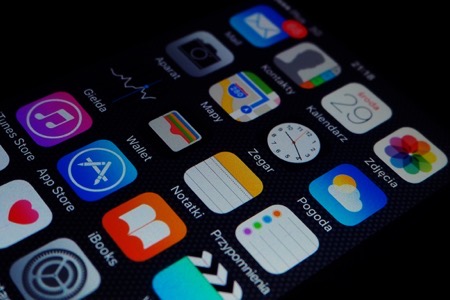Do you feel like you’re not productive enough? If so, you’re not alone. Many people feel this way, and they often try to address the issue by downloading more productivity apps. Many will consult us at ABC Leadership wanting us to give the magic bullet combination of apps that will solve all their problems. But here’s the thing: these apps won’t instantly transform you into a productivity machine. In fact, chasing after the newest, shiniest productivity app can actually do more harm than good.
Some main reasons why you don’t need more productivity apps.
The first reason is that these apps don’t address the root cause of your productivity issues. Productivity apps can give you some tools to help you be more organized or efficient, but they can’t fix underlying issues like poor time management habits or a lack of focus.
Another reason is that many productivity apps are actually quite complex, and it can take time to learn how to use them effectively. This defeats the purpose of using an app to boost your productivity in the first place.
Finally, relying too heavily on productivity apps can give you a false sense of security. You might think that because you have all these apps, you don’t need to worry about being productive. But the truth is, no app can replace your own hard work and dedication.
So if you’re not being as productive as you’d like, instead of reaching for another app, try taking a step back and evaluating your habits and routines. Productivity is a personal journey, so find what works for you and stick with it.
Examine Your Ways
Some ideas to look at or examine for yourself to aid you in getting a clear picture of why you are not feeling productive.
- Look at the way you spend your time. Do a time journal, where you log everything you do for at least a week if not longer.
- What are your priorities?
- How do you procrastinate?
- What is derailing you from completing tasks?
- Do you need to set better, more specific boundaries?
Answering these questions can help give some clarity on where to start making changes to help improve productivity.
No Silver Bullet
Productivity apps can be helpful, but they are not a silver bullet solution for everyone. It’s important to understand your own habits and needs in order to find what will work best for you in the long run.
If you’re struggling with productivity, instead of reaching for another app, answer the questions above and then ask yourself what does productivity look like? here is a basic formula to use to measure productivity.
In its simplest form, the productivity formula looks like this: Output ÷ Input = Productivity.
For example, you have two salespeople each making 10 calls to customers per week. The first one averages 2 sales per week and the second one averages 3 sales per week. By plugging in the numbers into the above sample formula we get the following productivity levels for each sales person.
For salesperson one, the output is 2 sales and the input is 10 sales: 2 ÷ 10 = .2 or 20% productivity. For salesperson two, the output is 3 sales and the input is 10 sales: 3 ÷ 10 = .3 or 30% productivity.
Knowing how to measure and interpret productivity is an invaluable asset for any leader in today’s world.
What is actually being accomplished with adding too many apps
Context switching. Every time you open a new app, your brain has to adjust to the new interface and figure out how to use it. This takes time and energy away from actually getting work done.
Unhealthy reliance on technology. When you become too reliant on productivity apps, you start to rely on technology to do your work for you. This can lead to a lot of frustration if (when) the app doesn’t work the way you want it to.
Data overload. Too many apps can lead to information overload. You might end up with so much data and so many to-dos that you don’t know where to start. This can actually lead to paralysis and make it harder to get anything done.
There’s no magic bullet when it comes to productivity. Productivity apps can help, but they won’t solve all your problems.
Productivity is a personal journey, so find what works for you and stick with it. Consider trying out some of these apps to see if they help you boost your productivity:
- Trello
- Evernote
- Todoist
- Habitica
- Forest
At the end of the day, it’s up to you to find what works best for you and your workflow. Experiment with different apps and Productivity hacks until you find a system that works for you. And don’t forget, even the most productive people have off days. So cut yourself some slack and don’t beat yourself up if you’re not as productive as you’d like to be. Productivity is a journey, not a destination.
Do you have any favorite productivity apps? Let us know in the comments! And if you’re looking for more tips on how to boost your productivity, check out our blog post on Making your “SHIFT” for better productivity.

